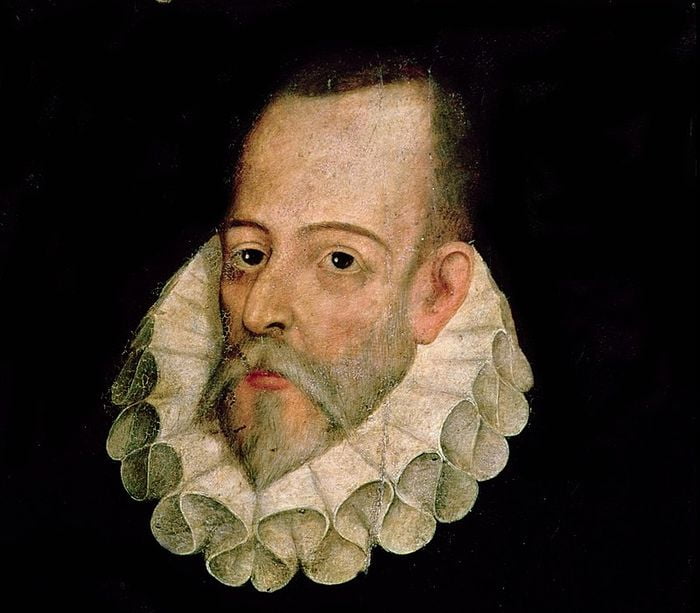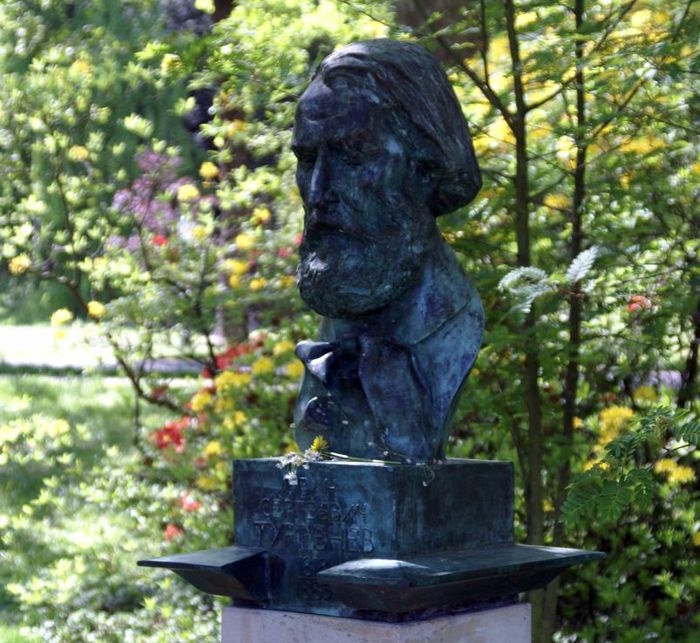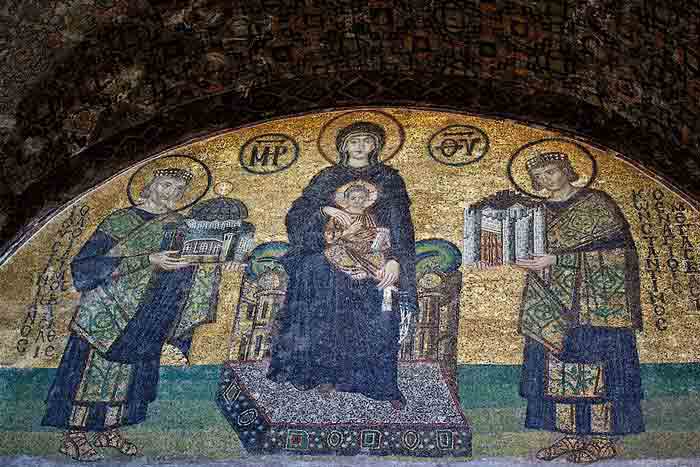Procopius of Caesarea: The Secret History
The Secret History claims to provide explanations and additions that the author could not insert into his work on the Wars for fear of retribution from Justinian and Theodora.
Since both before and afterward, Procopius wrote approvingly of the emperor, it was suggested in the past that he was not the author of the work, but it is now generally accepted that Procopius wrote it. Analysis of text, which show no contradictions in point of fact between the Secret History and the other works, as well a linguistic and grammatical analysis makes this a conclusive opinion.
By the historian
In what I have written on the Roman wars up to the present point, the story was arranged in chronological order and as completely as the times then permitted.
What I shall write now follows a different plan, supplementing the previous formal chronicle with a disclosure of what really happened throughout the Roman Empire. You see, it was not possible, during the life of certain persons, to write the truth of what they did, as a historian should. If I had, their hordes of spies would have found out about it, and they would have put me to a most horrible death. I could not even trust my nearest relatives. That is why I was compelled to hide the real explanation of many matters glossed over in my previous books.
These secrets it is now my duty to tell and reveal the remaining hidden matters and motives. Yet when I approach this different task, I find it hard indeed to have to stammer and retract what I have written before about the lives of Justinian and Theodora. Worse yet, it occurs to me that what I am now about to tell will seem neither probable nor plausible to future generations, especially as time flows on and my story becomes ancient history. I fear they may think me a writer of fiction, and even put me among the poets.
However, I have this much to cheer me, that my account will not be unendorsed by other testimony: so I shall not shrink from the duty of completing this work. For the men of today, who know best the truth of these matters, will be trustworthy witnesses to posterity of the accuracy of my evidence.
Still another thing for a long time deferred my passion to relieve myself of this untold tale. For I wondered if it might be prejudicial to future generations, and the wickedness of these deeds had not best remain unknown to later times: lest future tyrants, hearing, might emulate them. It is deplorably natural that most monarchs mimic the sins of their predecessors and are most readily disposed to turn to the evils of the past.
Read More about The Book of Ruth 1








